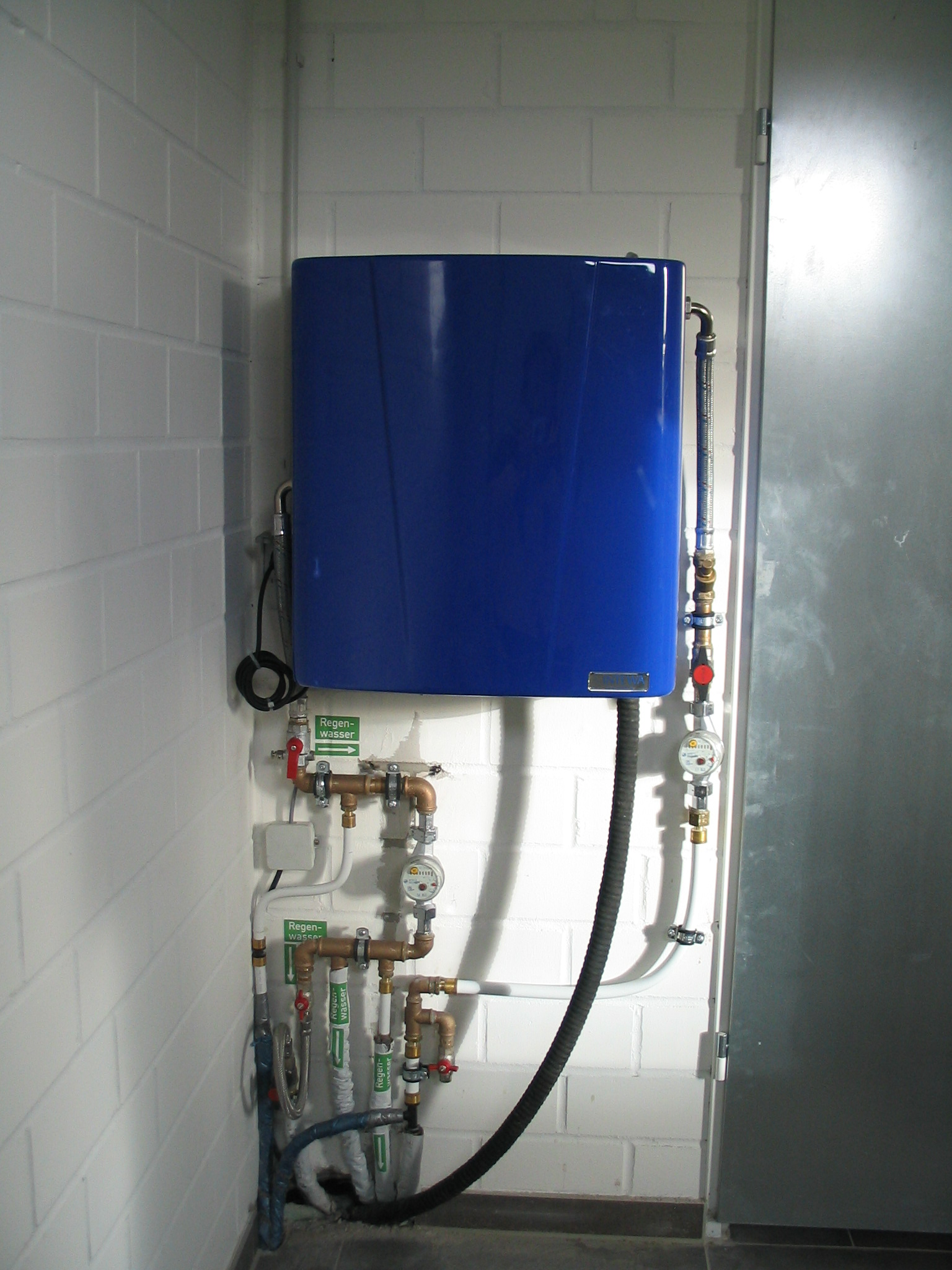In Germany, for a long time a single fee for both rainwater and wastewater was levied in all communities. After some German court decisions the fee for rainwater was separated from wastewater one and is now based on the extension of impervious property surface (m2), which directs water into the public sewage system. Collecting rainwater on private property with e.g. rain barrel or infiltration system (as for example green space) is then likely to reduce sewage costs due to lower loads to be treated by the treatment plant. According to the court decision these cost savings have to be passed to the property owners resulting in lower rainwater fees per m2. For several reasons (including saving of natural resources, reduction of pressures on the sewer systems, reduction of drinking water consumption, preservation of the natural water cycles and adaptation to climate change), Bremen has decided to take new approaches in rainwater management. On one hand Bremen is also applying this split fees and gives a refund if properties are less sealed and rainwater can filtrate into the soil or rainwater is used. In addition the city is subsidising investments into rainwater use in toilets, garden irrigation, collection tanks up to 12.000 Euro or a maximum of 1/3 of the total investment costs per household.
You are here
Rainwater saving and use in households, Bremen
Autor: © Bremer Umwelt Beratung e.V.



